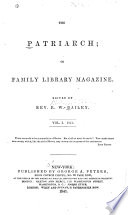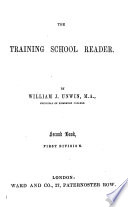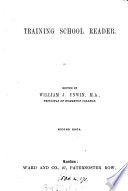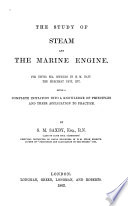 | Leonard Dunnell Gale - Physics - 1838 - 308 pages
...room for twenty years, without losing any sensible weight. VI. IMPENETRABILITY. Bv this term we mean that no two bodies can occupy the same space at the same time. Illustration 1. If a piece of wood, or metal, occupy a certain space, before any thing else can... | |
 | Golding Bird - 1839 - 458 pages
...its action. More water is then pumped into the already-filled vessel ; and, in consequence of the law that no two bodies can occupy the same space at the same instant, something must yield ; and as the piston is the most moveable part of the apparatus, it is... | |
 | 1841 - 488 pages
...meant by impenetrability ? It is that property which all bodies have, of occupying a certain space, so that no two bodies can occupy the same space at the same time. If I put a spoon into a glass of water, what takes place ? The water will run over to leave a... | |
 | Golding Bird - Physics - 1848 - 446 pages
...action. More water is then pumped into the already -filled vessel ; and, in consequence of the law that no two bodies can occupy the same space at the same instant, something must yield ; and as the piston is the most movable part of the npparatus, it is... | |
 | William Jordan Unwin - 1853 - 172 pages
...that property by virtue of which matter occupies space. The first great axiom of physical science, that no two bodies can occupy the same space at the same time, is the ordinary mode of expressing this property. If three pennies are placed closely together, it is... | |
 | Alfred White Sprague - Physics - 1856 - 414 pages
...perhaps, if possible, a more convincing proof of its materiality than any previously offered. It is a property of matter that no two bodies can occupy the same space at the same time. To this proposition air conforms as strictly as lead or water. Attempt to force these into a... | |
 | Theology - 1856 - 984 pages
...circumstances ? Is it not a necessary truth, that a proposition and its contradictory can never both be true ; that no two bodies can occupy the same space at the same time ; that equals of the same are equal to each other; that two straight lines cannot enclose a space... | |
 | Charles Hodge, Lyman Hotchkiss Atwater - Bible - 1856 - 784 pages
...circumstances? Is ic not a necessary truth, that a proposition and its contradictory can never both be true ; that no two bodies can occupy the same space at the same time; that equals of the same are equal to each other; that two straight lines cannot enclose a space;... | |
 | William Jordan Unwin - 1862 - 300 pages
...that property by virtue of which matter occupies space. The first great axiom of physical science, that no two bodies can occupy the same space at the same time, is the ordinary mode of expressing this property. If three pennies are placed closely together, it is... | |
 | S. M. Saxby - Marine engines - 1862 - 200 pages
...and heat — (mechanical because there is no chemical change to be produced) ; but as it is an axiom that no two bodies can occupy the same space at the same moment, it is, therefore, natural to infer that if a piece of metal or water can receive a large accession... | |
| |